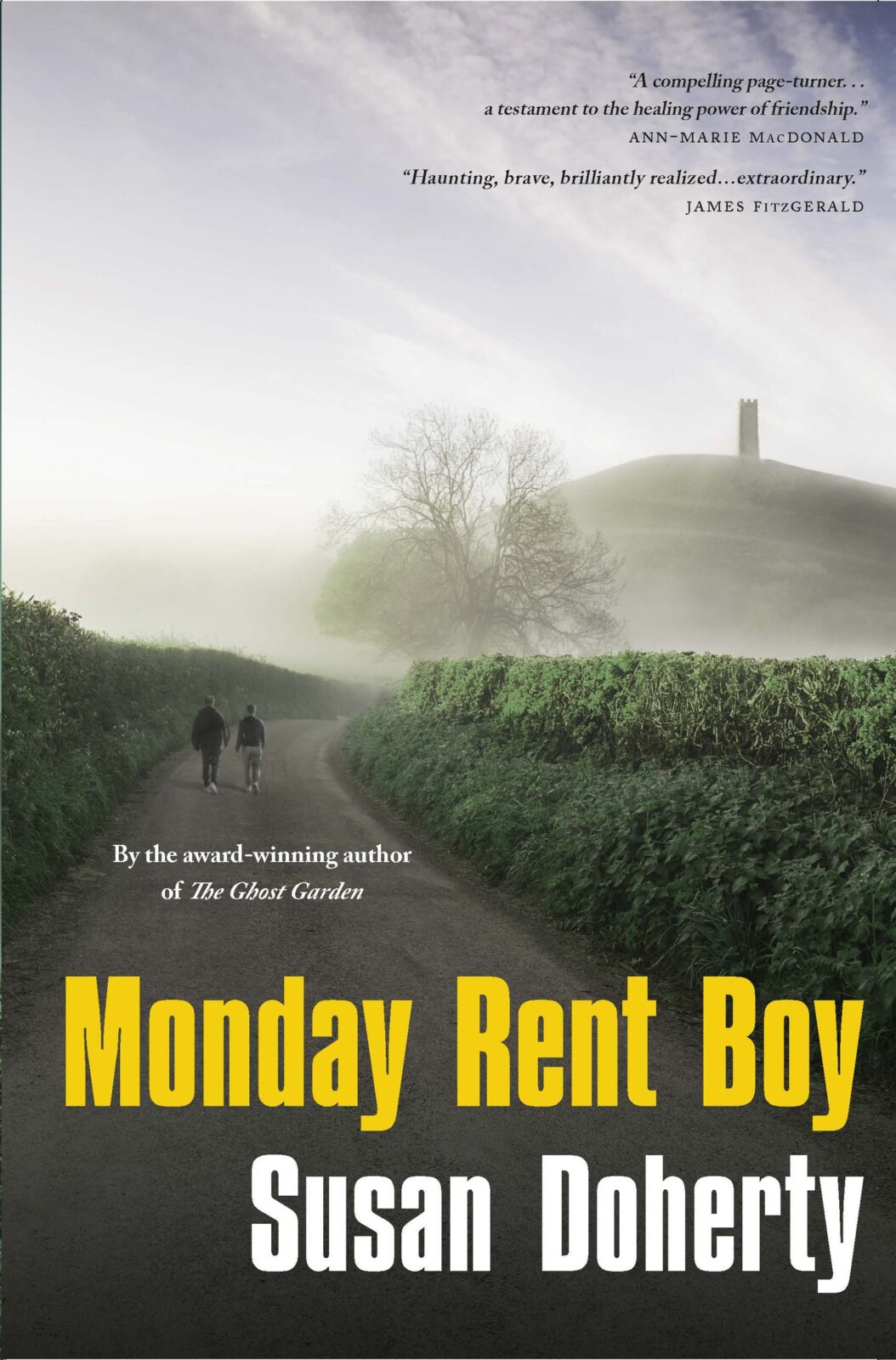The Bicycle Eater
Larry Tremblay
Talonbooks
$19.95
paper
224pp
1-88922-528-1
While beginning and ending in Montreal, much of the story unfolds in Mexico, where Christophe travels on a Canada Council grant to carry out a photography project. If our hero jumps at the opportunity to leave Quebec, it’s mostly out of a desperate desire to kick his highly self-destructive Anna habit. His plan predictably backfires, though; oozing with neediness, he meets and falls for Rita, an older woman who becomes the second object of his desire.
Christophe’s excessively fertile imagination gets him into deeper and deeper levels of trouble throughout the story, each of his predicaments more absurd than the last. Tormented by Anna’s indifference, he devises schemes to win her over-attempting to eat his bike, turning his apartment into an “Annamuseum”- while deluding himself that these will impress her. Each failure engenders more awkwardness, having a domino effect until even his deliberate attempts to hurt himself and others go askew, suffusing the story with buffoonery.
At times Christophe’s misadventures may seem too far-fetched, losing their intended comedic effect through wild exaggeration. This too is redolent of the theatre, where actors’ gestures and expressions must be overstated for the audience at the back. Readers who particularly enjoy the burlesque will get more than their money’s worth.
This is also a good book for anyone who appreciates the surreal. There is something poetic about the way that the narrative slips back and forth as easily as a dream, transcending the limits of linear thinking. Some the monologues delivered by Tremblay’s quirky cast of characters have words flooding the page in a sparkling stream of consciousness, gushing with metaphysical musings. And what gorgeous images are rendered. Christophe’s travels to Mexico coincide with the annual journey south of the Monarch butterflies, thus treating the reader to magnificent scenes in which “phosphorescent wings (trace) a path of light in the sky.” Butterflies are a recurring theme, typically evoking metamorphosis. Exploring the symbol from a variety of angles, Tremblay extracts metaphors that are rich and original.
With sexual identity on the agenda, characters step in and out of various versions of themselves, reminding one of Matriochka dolls: no matter how many dolls you crack open, there is always another cradled inside. Christophe himself undergoes major mutation, his physical exterior deteriorating to match his sickly interior world. He soon begins to look and behave like the monster he believes himself to be. Although his ridiculousness feels redundant at times, one is compelled to keep turning the pages, curious to discover what will emerge from his nightmarish cocoon.
From beginning to end, Tremblay leads us through the labyrinth of Christophe’s catastrophes, a rugged yet colourful terrain where modern-day absurdity meets ancient archetypal symbols, a landscape well rendered by Sheila Fischman’s translation. And with spring unfolding its wings, stories of rebirth feel timely-however awkward the hero’s resurrection may be. mRb






0 Comments